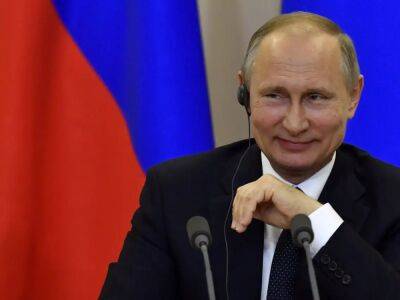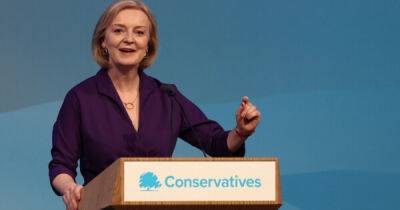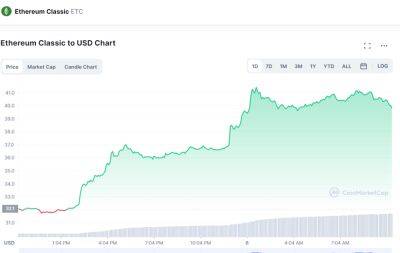Government needs a big-bang solution or faces consequences of rising energy bills
Hard though it is to remember, the UK’s energy price cap was originally marketed as a modest measure designed to protect households on expensive variable tariffs from being fleeced. Nobody in early 2019 had the slightest inkling that by the summer of 2022 it would be a key barometer of the UK’s economic health.
Yet here we are – one pandemic and one unfinished war later – on tenterhooks for the latest intelligence on what is likely to happen to household gas and electricity bills this winter.
If the energy consultancy Cornwall Insight is right, a bleak outlook has suddenly become bleaker. It says the price cap is on course to rise to £4,266 a year in January – up by more than £650 on its previous estimate.
There are two reasons for the increase: global wholesale gas prices keep rising, and Ofgem – the energy regulator – has changed the way it calculates the cap in order to stop a wave of suppliers going bust. The change means higher bills for customers in the short term but should mean lower bills later next year.
Craig Lowrey, Cornwall’s principal consultant, says if the price cap is not controlling consumer prices and it is jeopardising suppliers’ business models, it is worth asking whether it is fit for purpose. There are more pressing questions than whether the price cap should be radically reformed or scrapped altogether, but the short answer is: it isn’t.
Before it gets to sorting out the price cap, the government needs a response to energy bills on course to more than double by early next year. Price rises on this scale will drive millions more into poverty and devastate the economy.
Ministers need to assess whether public support for Ukraine will be sustained in the absence of a generous support package. The Bank of
Read more on theguardian.com



















